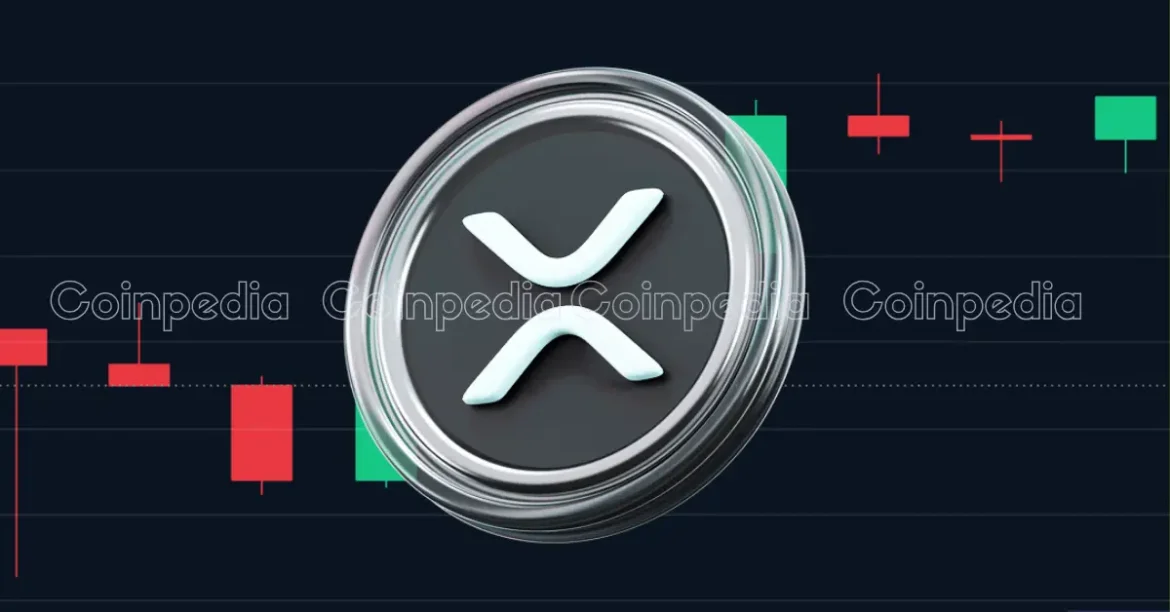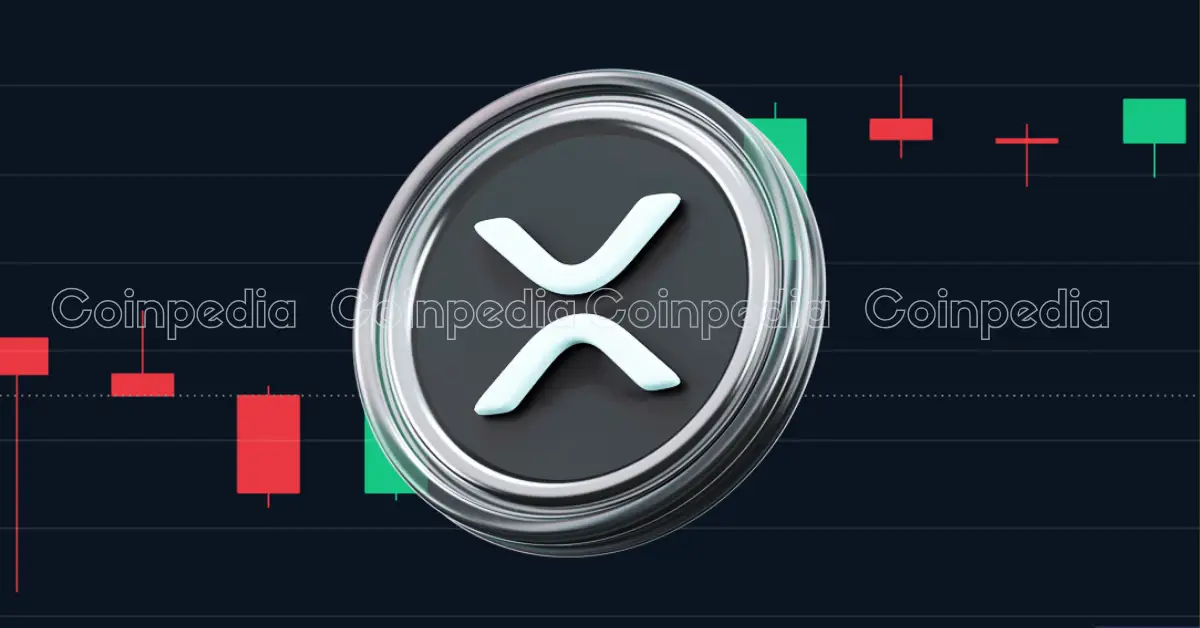Conor McGregor and the Emerging Role of Bitcoin Strategic Reserves in National Economies
The recent surge in discussions around Bitcoin and other digital assets has taken on a new dimension, with influential personalities like former UFC champion Conor McGregor stepping into the arena to advocate for national Bitcoin strategic reserves. McGregor, transitioning from the fight cage to political and financial discourse, has sparked significant debate regarding the integration of cryptocurrency into sovereign economic strategies. This exploration unpacks the implications of McGregor’s advocacy, the broader geopolitical and economic contexts, and the ripple effects across markets and policies.
The Rise of a New Crypto Advocate: Conor McGregor’s Endorsement of Bitcoin Reserves
Conor McGregor’s involvement marks a striking intersection between celebrity, politics, and finance. Moving beyond his storied UFC career, McGregor’s recent endorsement of an Irish Bitcoin strategic reserve signals a shift in how digital assets are perceived at the national policy level. The concept, which he vocalized during his political candidacy, centers around countries adopting Bitcoin reserves akin to traditional foreign currency reserves or strategic commodity stockpiles.
McGregor’s advocacy isn’t mere celebrity posturing. By promoting a Bitcoin reserve, he frames the asset as a tool for empowerment—“giving power back” to the country. This touches on themes of decentralization and monetary sovereignty, challenging the dominance of fiat currencies and conventional fiscal strategies. His involvement adds star power that attracts media attention and public interest, elevating cryptocurrency debates within Ireland and across Europe.
Ireland’s Bitcoin Strategic Reserve: Sparking National and European Dialogues
The proposal for Ireland to establish a Bitcoin reserve has stimulated national and international discourse on digital assets’ role in economic policy. Ireland, with its open economy and significant tech presence, stands poised to be an innovator in digital finance adoption. McGregor’s public stance alongside other Bitcoin proponents encourages policymakers to consider cryptocurrency not just as investment vehicles but as strategic economic instruments.
This discourse resonates beyond Ireland, echoing through European financial circles where digital currencies occupy an increasingly prominent place. Part of the debate touches on how using Bitcoin reserves could diversify risk, hedge against inflation, and position countries at the forefront of financial technology evolution. However, such discussions also raise questions about volatility management, regulatory frameworks, and geopolitical considerations.
Strategic Collaborations: McGregor’s Meeting with President Nayib Bukele
One of the most significant developments accompanying McGregor’s Bitcoin advocacy is his planned collaboration with El Salvador’s President Nayib Bukele, known globally for pioneering Bitcoin as legal tender and promoting sovereign Bitcoin reserves. Their upcoming discussions at the “Bitcoin Sovereign Conference” symbolize a bridging of ideas and strategies between nations exploring cryptocurrency sovereignty.
El Salvador’s experience under Bukele offers valuable lessons on infrastructure challenges, economic impacts, and political acceptance that could inform Ireland’s approach. McGregor’s intent to engage with Bukele points to an emerging network of crypto-forward leaders shaping a new paradigm in national finance. This collaboration may also influence investment flows and partnerships within the burgeoning market for sovereign digital asset reserves.
Market and Strategic Implications: The Broader Crypto Landscape
The push for Bitcoin reserves by political figures like McGregor and Bukele interacts with ongoing market phenomena such as the launch of $20 billion Bitcoin strategies by European treasury companies and state-level crypto holdings. Strategic investors including prominent crypto pioneers have underscored confidence in large-scale Bitcoin treasury management, reflecting maturation in digital asset stewardship.
However, the rapid accumulation of seized crypto assets by nations like China introduces complex dynamics concerning custody, regulation, and potential market impact. Decisions about whether to sell, store permanently, or regulate these assets mirror the challenges nations face in managing crypto reserves. These factors intersect with McGregor’s proposals, highlighting that adoption at the national level requires nuanced approaches balancing security, policy, and market stability.
Challenges and Opportunities in Adopting National Bitcoin Reserves
The concept of a Bitcoin strategic reserve, while innovative, encounters multiple hurdles:
– Volatility: Bitcoin’s price swings present risks for nations accustomed to stable reserves.
– Regulatory Landscape: Countries face the task of crafting policies that safeguard against illicit uses and protect financial integrity.
– Technological Infrastructure: Effective management of digital assets demands robust cybersecurity, transparent governance, and operational expertise.
– Public Perception: Gaining broad political and societal acceptance is critical, especially in countries with entrenched fiat currencies.
Yet, the potential opportunities are compelling. Bitcoin reserves can:
– Provide diversification from conventional reserves.
– Offer protection against currency devaluation and inflation.
– Signal national innovation and attract crypto-focused investments.
– Empower economies with decentralized financial tools that reduce reliance on external financial systems.
These aspects place McGregor’s and allied advocates’ visions at the heart of a transformative dialogue about the future of money and sovereignty.
Closing Thoughts: The Dawn of Sovereign Digital Assets
Conor McGregor’s sudden emergence as a vocal proponent for Bitcoin strategic reserves underscores the evolving narrative around cryptocurrency’s role in governance and national security. His intersectional approach—leveraging celebrity influence, political engagement, and crypto enthusiasm—catalyzes earnest conversations on how countries might harness digital assets to redefine economic power structures.
While significant challenges remain, the momentum is unmistakable. As Ireland debates McGregor’s vision and nations like El Salvador pioneer implementation, the concept of sovereign Bitcoin reserves may soon shift from speculation to strategic reality. This evolution could redefine traditional notions of national reserves and usher in a new era where cryptocurrencies are integral to economic sovereignty and geopolitical strategy.





